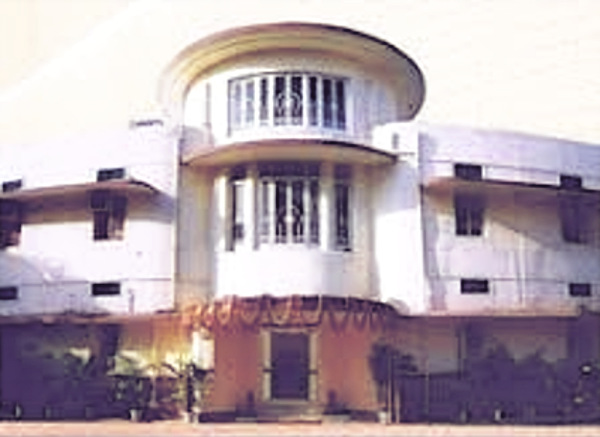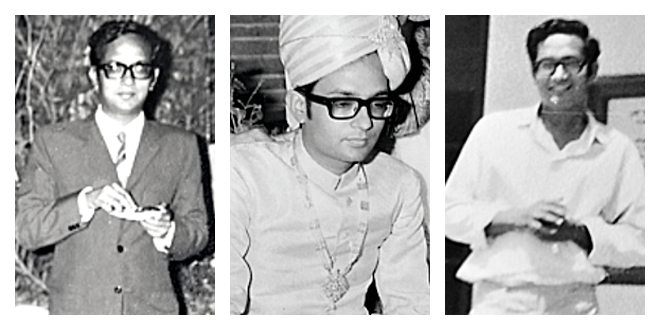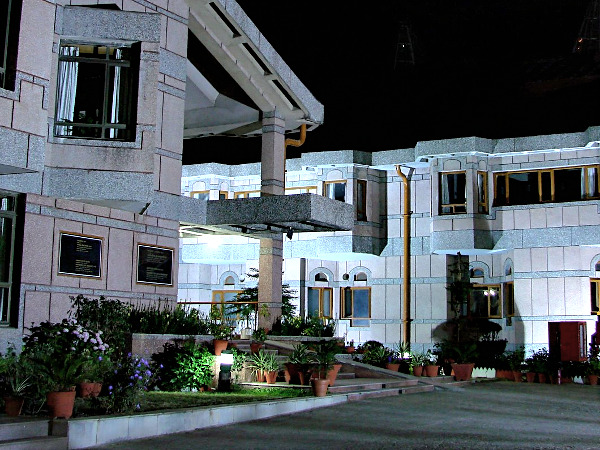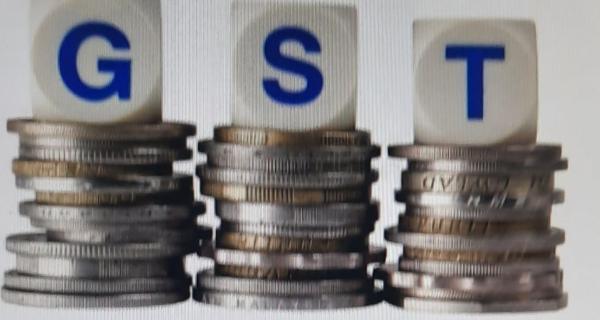Latest Contributions
My Muse – Entry into Civil Services

Subhash Mathur was born and brought up in small towns in Rajasthan. During his school and college education at Jaipur, he was keenly involved in sports, journalism and public speaking. His civil services career has given him a platform for spreading his ideas about modernising tax administration to benefit the common man. Post retirement he is devoting his energies, along with his wife Tilak, to public and humane causes.
My civil services interview, popularly known as viva voce those days, happened in May 1971. It is of no use as guidance for the aspirants of today but perhaps worth recalling because some of the underlying principles involved in judging personalities persist even today.
After the results of the written exam were announced in February 1971, I began to brush up and get ready for the viva voce. Initially I thought that perhaps I may be called in March or April.
Father insisted that I should wear a dark blue three-piece worsted suit befitting a civil servant. And he knew a thing or two about civil servants, having been one himself at some very senior positions for nearly 30 years. So on a rare shopping spree, the family helped me pick a dark blue worsted suit length. It was be to be stitched at Rajputanas [now extinct] the elite store at Pancch Batti, on Sir Mirza Ismail Road. While at the Rajputanas, we also picked up an off-white shirt and a sober red tie. Sobriety was in the air those days.
Elder brother Titi (Prakash) insisted on a full dress rehearsal with suit, shirt, tie, grey socks, and black shoes. In front of the full length mirror at home. The shoes made a funny thok thok sound on the hard mosaic floor. Due to the all leather sole I suppose. It was upsetting but I was expecting a fully carpeted interview room. Younger sister Meenu (Meenakshi) was unhappy with my walk to the chair. She drove me crazy with repeated rehearsals. It was like an apprentice Air Hostess being trained to walk the aisle while the plane swayed from side to side due to air turbulence.
But the call never came as March and April rolled by. And I was left with a three-piece worsted suit fit for severe cold conditions in India. It was disappointing but I got some more time for cramming new info. Preparations largely consisted of long sessions with a few selected persons. They asked and I answered. It was a debilitating process but immensely useful.
The invite finally came by post on the last day of April for an interview on 15th May. Report at UPSC Bhawan, Dholpur House, [formerly of Ranas of Dholpur], New Delhi, near India Gate on May 15th at 9 a.m. with certificates in original.

UPSC Bhawan at Dholpur House, New Delhi - the site for my viva voce.
The exercise to kit out myself this time around was simple enough as we just needed a summer suit length or what we used to call a cold weather suit length those days. By now, father had dropped insistence on three piece. We chose a softer shade of blue. Rajputanas delivered the suit in 10 days flat against the usual 21 days’ waiting period. They were probably influenced by my likely stature, come results. Never had to wear any such clothes either at school or college or University. I simply never attended any marriages either. Even for my marriage I wore a Sherwani. I preferred to wear simple shirts and pants as everyday choice. And it would be hot in Delhi as well. But no choice here. Everyone who had appeared for the viva voce earlier strongly advised compliance.

The attire of my youth: a two-piece suit for my UPSC viva voce, a Sherwani for my marriage, and a simple shirt and pant for everyday wear.
I presented myself at Dholpur House precisely at 9 a.m. sharp. In my soft blue suit off white shirt with sober grey tie and formal black shoes with grey socks. The clerk checked out my credentials and asked to me wait. Five other similarly 'out kitted' guys were milling around the reception area. We smiled at each other and generally tried to dig out some comfort from each other. But it was hopeless. Each one of us was perspiring profusely. Tie was a big culprit. It was never that right. Nervously we did introduce ourselves. (One of them, Gokhale, did make it to the Railway Traffic service. We did our Foundational together from Feb to June 1972 at NAA [National Academy of Administration] Mussoorie.

The National Academy of Administration, Mussoorie where I attended my foundational course in 1972.
Shortly, a liveried orderly herded all of us to a wide corridor, and told us wait on the benches in front of a room with red light above the door. Mercifully, there was a water jug and some glasses. We used them sparingly. Didn’t want to be in the loo at the wrong time. The first interview was scheduled for 9:30 a.m. Surprisingly no one entered the room from this door. That means there was another entrance to the chamber.
It was hot inside the UPSC building. Pretty soon it became stuffy also as there was no inlet for any waft of wind to enter. The building was not air conditioned then. Even the humble table fan was spewing out tons of warm air. Comfort levels were abysmally low. Nervousness was the order of the day. And all the aspirants were sailing in the same boat. Suddenly every preparation looked inadequate. And I had done only self preparation. Will that be enough? Who cared! I just wanted to get it over and done with it. I was fourth in the queue. That was a long wait from 9 am arrival, having left my Delhi home at 8:30 a.m. It was also tiring me out. Deep breathing helped.
My turn came at around 11:30 a.m. The long walk to the chair for the candidate was like the Dandi March of Bapu fame. The room was poorly it and it was difficult to make out faces clearly. It was an all male Board. And they were ready with their gun powder. The Board of eight sat around a huge semi-circular wooden table. As it turned out, one was an economist, one administrator, one historian and one sports enthusiast. The others ? I never got to know. Member UPSC who was in the Chair was probably from science stream as he only asked some preliminary questions to make me feel comfortable. That’s hardly possible in such an oppressive atmosphere. Thank goodness there was no maths savvy guy. Apparently.
The interview itself was tough but not rough. I was pretty much ready to handle all given situations thrown at me. Some questions were tricky but I managed to avoid the trap. Only once I got into an argument with one member on Indian economic growth but the Board Chairman bailed me out by changing the nature of discussion. The interview is like a ding dong battle. Your ears lit up on hearing a happy question. You cringe when they drop a bombshell. It’s like fire-fighting. The Board covered a wide range of subjects including my passion games: cricket and tennis.
Overall I came out exhausted after 25 minutes of grilling. [Loosened my tie the first thing I did]. Yet I felt hopeful of making it to the final list. My name in the dailies! Ahem! Proud moment. [Fingers crossed] I quickly briefed the waiting aspirants and went home to my relative’s house in Delhi.
Next day, medical examination at Safdarjung hospital. My eyes raised some serious concerns about my medical fitness. The doc ruled out IPS and Railway traffic for being partially colour blind. By midnight, I was back home at Jaipur. The Sword of Damocles hangs over your head till the final results appear all of a sudden in the morning papers. Those days.
Eventually I did make it to central services. But the Hindustan Times cheated me in my moment of glory. No name in the papers. They printed only roll numbers. Against the run of play. My mark sheet showed that I had secured 55% in the viva voce. By standards of those days it was quite honourable.
But this interview helped me a lot all along. My interview with SBI was a flyer. I did not join SBI. I also went on to be an expert interviewer with my Googlies and Chainman. I was also recognised by Staff Selection Commission as an Advisor. I sat on interview Boards for many years for selection of Inspectors in my department. And some Sports Quota selections. I eventually joined Customs and Central Excise Service which was part of the Indian Revenue Service.

The introduction of GST has changed the very nature of our Service to the core. And thereby hangs another tale. Ciao!
Add new comment